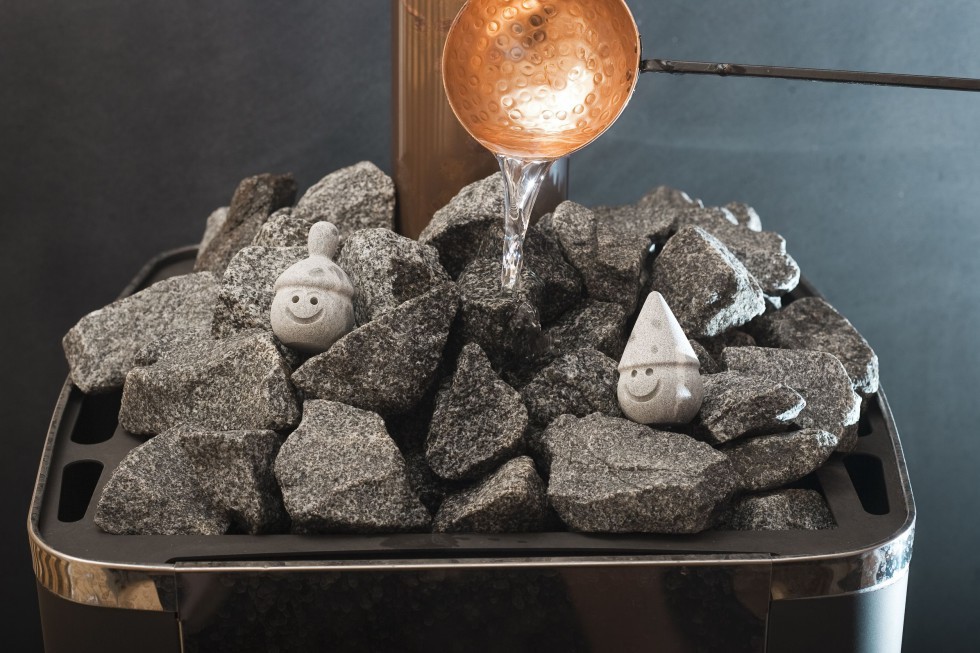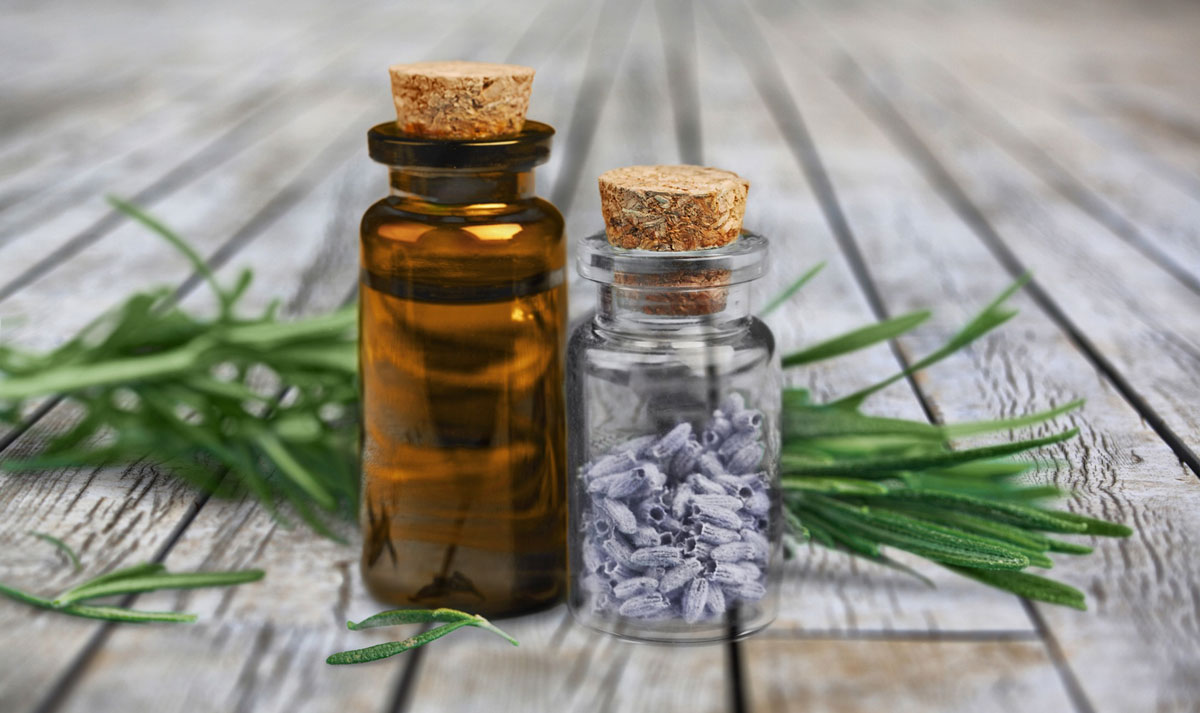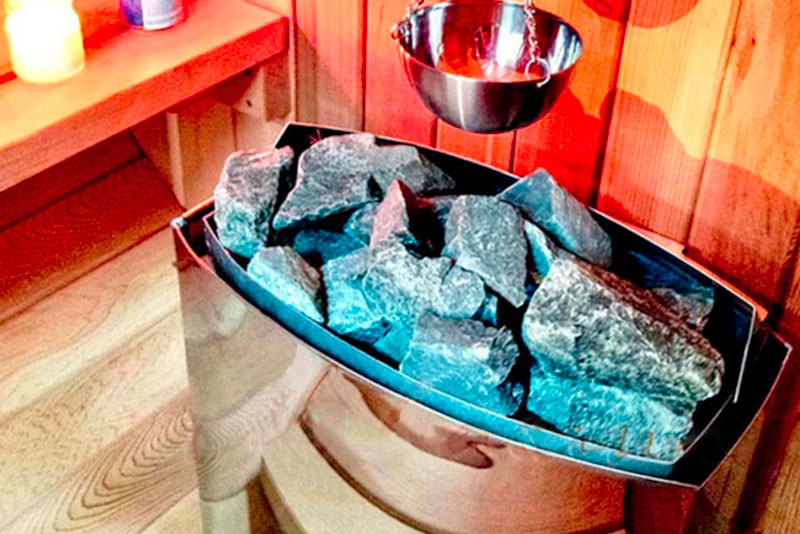How to Properly Use Essential Oils in Your Saunas

Essential oils aren’t just about the lovely scents, they offer a range of wellness benefits that complement the sauna experience. When used correctly, essential oils can enhance relaxation, improve respiratory function, and boost your mood.
Whether you’re looking to unwind after a long day, clear your sinuses, or simply create a calming atmosphere, essential oils can take your sauna session to the next level.
The Essential Guide to Using Essential Oils in Your Sauna
Essential oils can elevate your sauna experience from simply relaxing to absolutely rejuvenating. But before you start drizzling oils on the stones, it’s important to know the dos and don’ts of using essential oils in a sauna.
In this guide, we’ll explore the proper way to use essential oils in your sauna, including safety tips, the best oils to use, and some common pitfalls to avoid. Let’s get steamy—and aromatic!

The Dos: How to Safely Use Essential Oils in Your Sauna
Always Dilute Essential Oils in Water
This is the golden rule for using essential oils in your sauna. Essential oils are highly concentrated and should never be used undiluted on sauna stones. To use them safely, dilute a few drops of essential oil in a ladle of water before pouring it onto the stones. This helps the oil evaporate evenly, releasing its aroma into the air without burning or creating a fire hazard.
Tip: Start with 2-4 drops of essential oil per ladle of water. You can always add more if you prefer a stronger scent, but it’s better to start small and build up to your desired intensity.

Choose Sauna-Safe Essential Oils
Not all essential oils are created equal, especially when it comes to high heat. Some oils can release toxic fumes when exposed to high temperatures, so it’s important to choose sauna-safe essential oils. Here are a few popular, safe options:
- Eucalyptus: Known for its refreshing and invigorating scent, eucalyptus is perfect for clearing the airways and promoting deep breathing.
- Lavender: A classic for relaxation, lavender’s soothing scent is ideal for calming the mind and easing tension.
- Peppermint: With its cooling and energizing properties, peppermint can provide a refreshing contrast to the sauna’s heat.
- Pine: Pine essential oil offers a clean, woodsy aroma that complements the natural scent of your sauna’s wooden walls.
- Tea Tree: Tea tree oil is known for its purifying and antibacterial properties, making it a great option for a clean and fresh sauna environment.
Tip: If you’re new to essential oils, start with single-note oils like eucalyptus or lavender before experimenting with blends.
Add Oils Gradually
When adding essential oils to your sauna, take it slow. Pour your diluted mixture onto the stones one ladle at a time, allowing the steam to rise and the scent to disperse evenly. This helps prevent overpowering the room with too much fragrance at once.
Tip: You can repeat the process throughout your session if you want to maintain the aroma. Just be mindful of how strong the scent is becoming to avoid making the environment too intense.
Test for Sensitivity
If you’re new to essential oils, it’s a good idea to do a patch test on your skin before using them in the sauna. Some people may be sensitive to certain oils, and the heat in the sauna can intensify any reactions. Apply a small diluted amount to your skin to check for any irritation or allergic reactions before using the oil in your sauna.
Tip: Even if you’re not sensitive, consider using a lighter concentration when introducing new essential oils to your sauna routine. This allows you to adjust to the scent and its effects.
The Don’ts: What to Avoid When Using Essential Oils in Your Sauna
Don’t Pour Undiluted Oils Directly on the Stones
We can’t stress this enough—never pour undiluted essential oils directly onto sauna stones. Essential oils are highly concentrated and can burn when exposed to the high heat of the stones. This not only creates an unpleasant smell but can also damage your sauna stones and heater. In some cases, it could even pose a fire hazard.
Why it’s a problem: Undiluted oils don’t evaporate cleanly like water; instead, they can burn and leave behind sticky residue that’s difficult to clean. Always dilute your oils in water before using them in your sauna.
Don’t Overdo It with the Oils
When it comes to essential oils, less is often more. It’s easy to get carried away with your favorite scents, but too much essential oil can quickly overwhelm the sauna, making it difficult to breathe and enjoy your session. Overuse can also lead to headaches or dizziness, which is the opposite of the relaxation you’re aiming for.
Why it’s a problem: Strong, concentrated scents can be irritating to the respiratory system, especially in the enclosed, heated space of a sauna. Stick to a few drops of oil at a time and adjust as needed.
Don’t Use Oils That Are Not Heat-Stable
Some essential oils aren’t suitable for the high temperatures of a sauna. Oils with a low flash point (the temperature at which they evaporate) can break down quickly and may release harmful chemicals when exposed to heat. Citrus oils like lemon and orange, for example, are best avoided in a sauna setting, as they can degrade rapidly and may even cause skin irritation.
Why it’s a problem: Using the wrong oils in your sauna can expose you to harmful fumes or cause unpleasant reactions. Stick to oils that are known to be safe for use in high-heat environments.
Hints and Tips for Using Essential Oils in a Sauna
Create Your Own Sauna Aromatherapy Blends
Once you’re comfortable using essential oils in your sauna, you can experiment with creating your own blends to match your mood or needs. For example, you can mix eucalyptus and peppermint for a refreshing, energizing steam, or combine lavender and tea tree for a calming, purifying experience.
Tip: Start with a basic 2:1 ratio of your primary oil to your secondary oil and adjust from there. Always test your blend in a small batch before committing to a full sauna session.
Alternate Essential Oils for Different Benefits
One of the great things about essential oils is that you can switch them up depending on what you’re looking for from your sauna session. Feeling stressed? Lavender can help you unwind. Need a mental boost? Peppermint can revitalize your senses. By alternating your essential oils, you can tailor each sauna experience to your needs.
Tip: Keep a small collection of essential oils on hand so you can easily switch up your sauna routine.
Clean Your Sauna Stones Regularly
Even when you’re careful with your essential oils, residue can build up on your sauna stones over time. Regular cleaning helps maintain the quality of your stones and ensures that they continue to heat efficiently. To clean your stones, remove them from the heater and scrub them with a brush and warm water. Avoid using chemical cleaners that can leave harmful residues.
Tip: If your sauna stones become cracked or damaged, replace them to ensure your heater continues to function properly.
Safety Tips for Using Essential Oils in Your Sauna
- Stay Hydrated: Essential oils can enhance your sauna experience, but they can also make the environment feel more intense. Make sure to drink plenty of water before, during, and after your sauna session to stay hydrated.
- Monitor Your Body: If you start feeling dizzy, lightheaded, or uncomfortable, step out of the sauna and take a break. Essential oils, combined with heat, can sometimes make the environment feel more intense than expected.
- Keep Oils Away from Eyes: Essential oils are potent, so be mindful not to get any in your eyes. If this happens, rinse your eyes thoroughly with water and seek medical attention if irritation persists.
Using essential oils in your sauna can transform a simple steam session into a full sensory experience. Just remember, start slow, choose sauna-safe oils, and always prioritize safety. Enjoy the fragrant steam that essential oils can bring to your sauna sessions!



